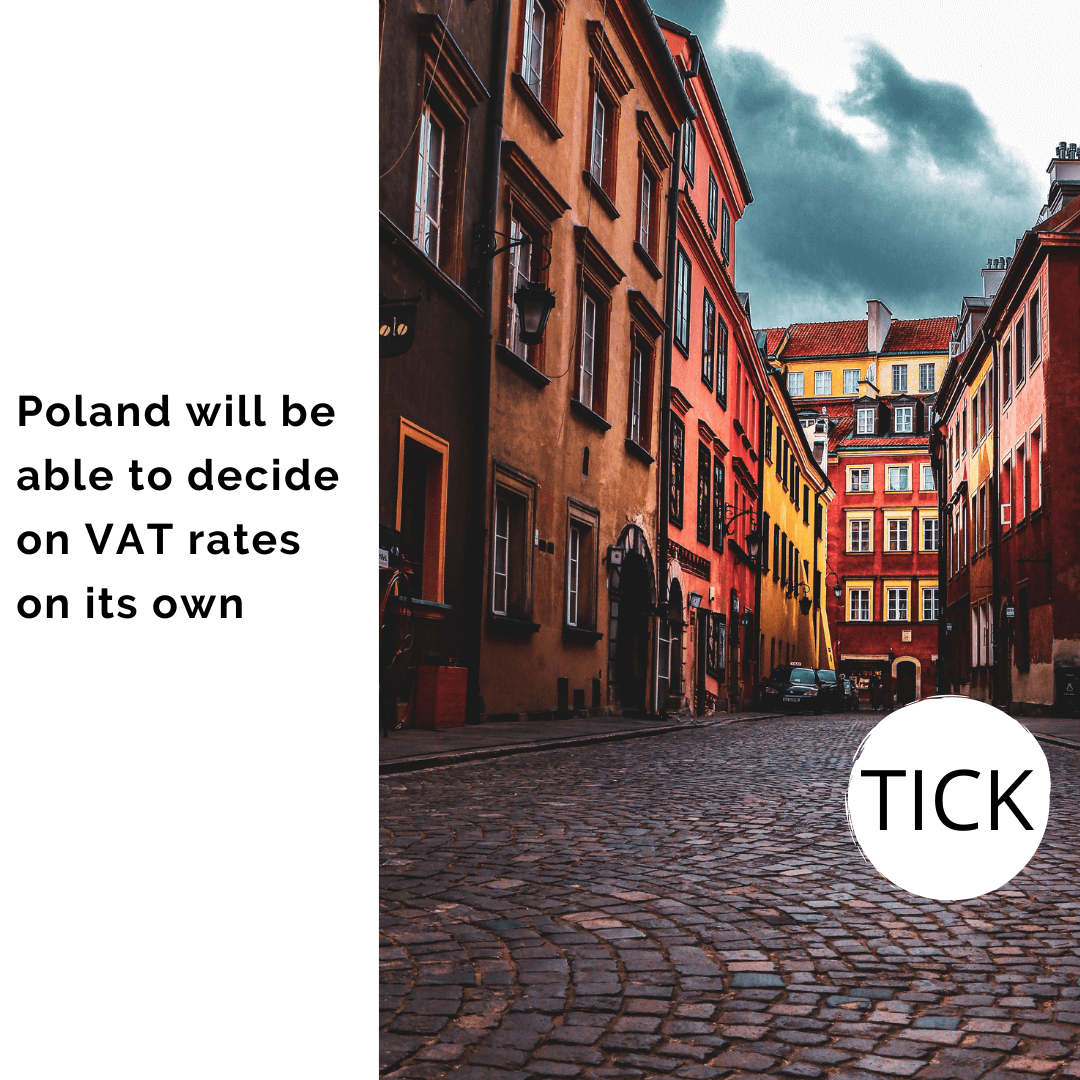Member States agreed to amend the VAT Directive and extend the list of goods and services to which lower VAT rates can be applied. This will cover 24 groups of goods and services. We have to wait for the changes to be adopted, but this is only a formality – says Tomasz Michalik, tax advisor, partner at MDDP. And he adds that the pressures on the European Commission in this matter have only a marketing dimension.
Krzysztof Koślicki: The Ministry of Finance informed on Friday that the government is continuing its efforts to help Poles in times of high inflation. It also confirmed that the Minister of Finance, Tadeusz Kościński, submitted another request to the Commissioner for Economy. This time it concerns the possibility of applying zero VAT in Poland for natural gas, electricity and heat. The day before, the Ministry of Finance wrote about a temporary reduction of VAT in Poland on food from 5 percent. at 0 percent and fuel from 23 percent. at 8 percent Meanwhile, last week, at the ECOFIN meeting, finance ministers reached an agreement on the text of the amendment to the VAT Directive. This gives a chance for changes and introducing the possibility of using the reduced tax rates to a greater extent by individual countries. Are the conclusions of the Ministry of Finance justified then? What exactly was agreed at the ECOFIN meeting?
Tomasz Michalik: We have several elements here. Firstly, it was just ECOFIN, that is, de facto, the Member States, that agreed to a very significant amendment to Directive 2006/112 as regards the application of reduced VAT rates. In general, this change consists in a significant extension of the list of goods and services to which two reduced rates may apply – not lower than 5%. Each country will be completely free to select them up to the 24 groups of goods and services in the Annex for which one of the two rates may be applied.
But the really significant change is the possibility of using one more rate – less than 5%. and 0 percent rates. (or as stated in the proposed provision – exemptions with the right to deduct input tax) with regard to up to seven groups of goods and services from Annex III to the Directive.
What are the chances of adopting these changes?
I would like to emphasize here that this is a very significant change. It can even be assumed that the very fact that the countries decided to adopt such an amendment after many years of trials, hesitations and analyzes is already a success. Of course, let’s wait for the formal adoption of the amendment, but after ECOFIN’s decision it seems that this is really just a formality.
So the government does not have to ask for permission to lower VAT on food?
This amendment – currently under the opinion of the European Parliament, may enter into force in a few months and then the government will be free – with a limited list of goods and services from the modified Annex III to the Directive. Of course, this appendix also includes food. And – what’s just as obvious – there is no fuel in it.
So – the derogation (simplified by the consent of the European Commission), mentioned in the communication of the Ministry of Finance, would be necessary today in both cases – to food and fuel. After the amendment to the Directive, Poland will be able to reduce the VAT rate on food to 0% on its own, while the reduction of the fuel rate will still require a derogation decision.
Can be this be real?
I doubt that such a decision with regard to fuel could also be made in the future. Strictly speaking, it is difficult to find a reason for consenting to such a reduction. Reduced rates most often apply to goods and services, the prices of which – from a purely social point of view – for end consumers should be as low as possible – hence a reduced rate is possible, for example, for food, newspapers, books, admission to cultural events, etc. From this point of view, there is no specific justification for applying a reduced rate to the supply of fuel. Moreover, also because such a radical change in the price could affect the competitiveness of taxpayers operating in the markets of neighboring countries.
Therefore, I think that it is a more proforma action of the government to use its effects, or rather the lack of effects, for marketing purposes.


